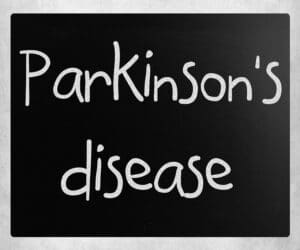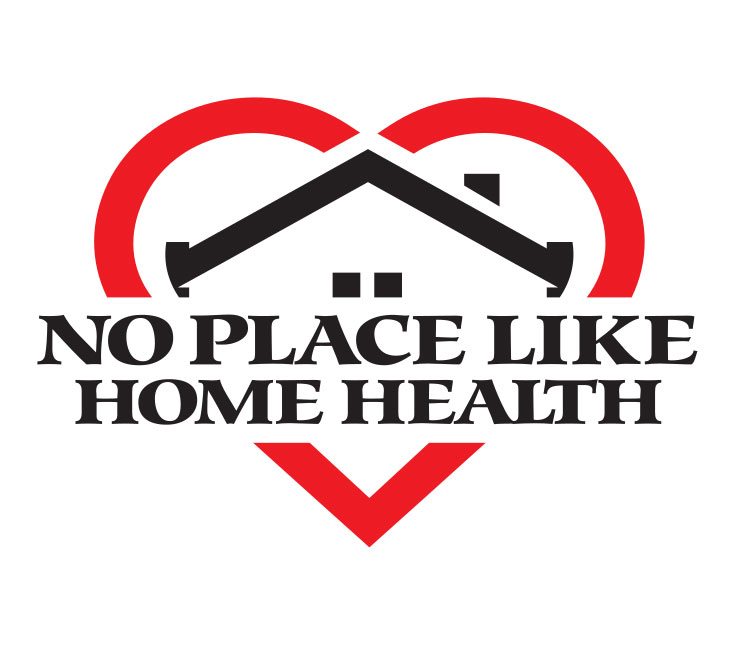Most Important Parkinson’s Disease Information Out There Today
Are you wanting to learn more about Parkinson’s disease? If so, the most important information out there about this disease is mentioned right here today. Whether your elderly loved one already has a diagnosis or you are concerned they could have or get Parkinson’s disease, learning about it can help you better understand the disease and what it entails.
Symptoms of Parkinson’s Disease
Are you thinking that your elderly loved one has Parkinson’s disease? Some of the sure-fire signs of this disease are:
- Stiffness
- Shaking
- Other uncontrollable movements
- Coordination issues
- Moving slowly
- Head, jaw, leg, arm, and hand tremors
- Balance problems
Symptoms of this disease generally start gradually. They will get worse with time. As the disease worsens, your elderly loved one will start having issues with mobility, urinary issues, constipation, skin issues, talking, eating, sleep, mental health, memory, energy levels, and much more.
Causes of Parkinson’s Disease
It is helpful to learn about what causes Parkinson’s disease. Some of the studies that have been done show that the primary causes of this disease include:

Parkinson’s Care Plymouth MI: Seniors and Parkinson’s Disease
- Brain damage
- Basal ganglia nerve cell issues
- Loss of nerve endings
- Lewy body dementia
- Genetic mutations
If your elderly loved one has any of these issues, they are more likely to get Parkinson’s disease, too.
Cognition and Parkinson’s Disease
If your elderly loved one does have Parkinson’s disease, they are likely to experience changes in their cognitive function such as attention, task accomplishment, and memory issues. They may forget to take their medications, too. If you are worried about these changes in your elderly loved one, it would be a good idea to hire Parkinson’s home care providers to help with their care.
Parkinson’s Disease Treatments
As a family caregiver, it is also important to learn about the treatments for this disease. Some of the most common treatments include:
- Medications such as levodopa
- Surgical treatment such as deep brain stimulation
- Speech, occupational, and physical therapy
- Healthy diet
- Massage therapy
- Exercise programs
- Tai chi
- Yoga
These are just some of the many different treatments that can be used to manage Parkinson’s disease. If you suspect your elderly loved one has this disease or they already have a diagnosis, it is up to you and their Parkinson’s home care providers to ensure they are getting the treatments that they need. If you can’t take your elderly loved one to these appointments, be sure you set up transportation services for them.
Conclusion
Do you think your elderly loved one has Parkinson’s disease? Maybe, they have even been diagnosed with it already. Either way, it is a good idea to talk to your elderly loved one about the various treatment options available to them and ensure they are getting those treatments, too.
In addition to the above information, make sure you set up a care plan for your elderly loved one that includes what will happen when their symptoms worsen.
If you or an aging loved-one is considering Parkinson’s Care in Plymouth, MI please contact the caring staff at No Place Like Home Health, LLC today. 734-259-4200
Sources
https://www.nia.nih.gov/health/parkinsons-disease
- How to Set The Mood for Seniors to Go to Sleep - July 16, 2024
- Understanding Continuity of Care - July 5, 2024
- Integrative Approaches Physical Therapy Uses for Elders - June 19, 2024
